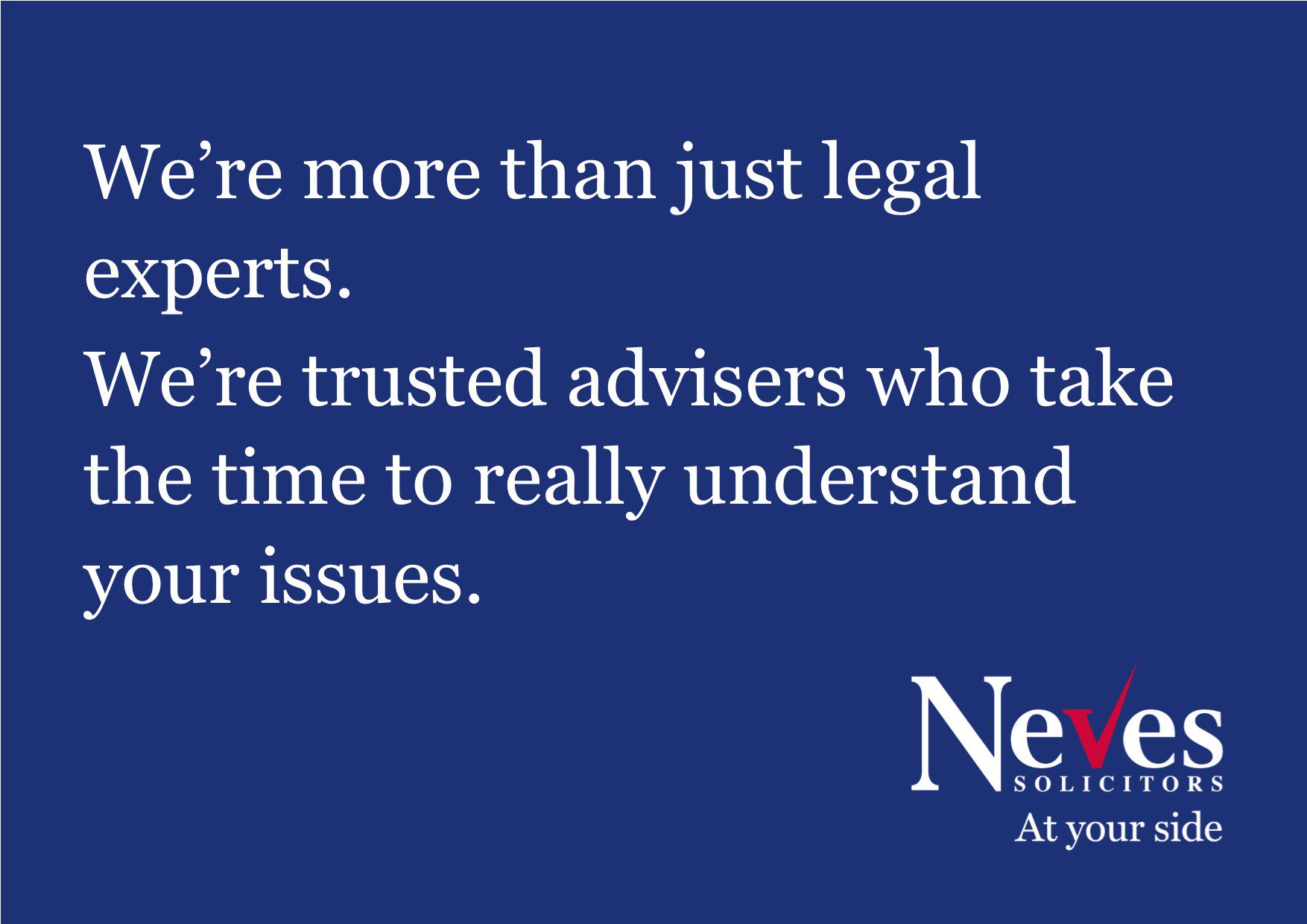

Safeguard the future of your business with a Lasting Power of Attorney
Blogs
It is worrying to think about what would happen to your personal affairs and finances if you were to lose mental capacity. But what about the stability of your business and the financial future of it and any employees?
As a business owner, it is vital you consider what might happen to your business if you were unable to make decisions due to:
• an illness, an injury or a medical condition that means that you may no longer have the mental capacity to act
• an accident that might make you temporally unable to make decisions
• being unable to sign paperwork as much time is spent overseas.
Who would take over the running of the business on your behalf? Worryingly, many financial institutions respond to a business owner’s lack of capacity by freezing bank accounts.
You might think that family members or business partners could take over but there is no automatic legal right to deal with another person’s financial affairs which could place your business at risk.
Setting up a Business Lasting Power of Attorney (LPA) would ensure business continuity in the event of you being unable to work.
Who is a business LPA is suitable for?
• If you are a sole trader, you should have a Business LPA in place.
• If you are in a partnership or a company director, you will need to check your partnership agreement and the articles of association. Some may include provision for what would happen should one of the partners/directors become incapacitated, in which case a business LPA might not be necessary. However, it is very important you seek legal advice for clarification.
• A director of a company is usually bound by the Articles of Association of the company which may contain a provision stating that a person ceases to be a director when he loses mental capacity. Whilst Mancini v. Mancini [1999] NSWSC 799 holds that the power to act as a director cannot be delegated under a power of attorney, an attorney may act on the shareholder director’s behalf when voting.
• If you are self-employed, you do not have a separate legal entity to your business, so it is important that you consider setting up a Business LPA.
Please note that your Business LPA is limited to your business assets only. You can, of course, make a second Property and Finance Lasting Power of Attorney to deal with your personal affairs.
We believe a Business Lasting Power of Attorney is an essential element of your business continuity plan. However, Business LPAs can be very complex matters and professional advice should be sought before creating one.
For further advice on preparing a Business LPA tailored to you and your business, please contact our Private Client team by calling 01908 304560 or email info@nevesllp.co.uk









